South African farmers set up in Congo
- IPS
- 26 Mar 2011
The Republic of Congo has handed over 80,000 ha of arable land to a company owned and operated by 14 South African farmers.
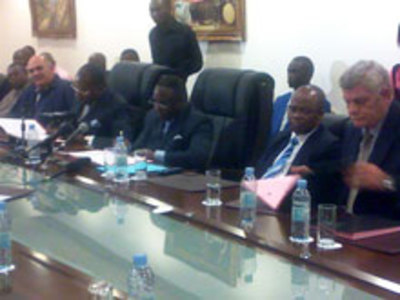
The Republic of Congo has handed over 80,000 ha of arable land to a company owned and operated by 14 South African farmers.
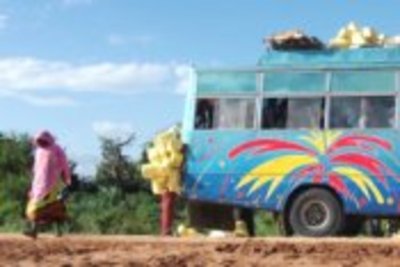
A new report is released this week to coincide with the forthcoming international conference on the global land grab to be held at IDS, University of Sussex.
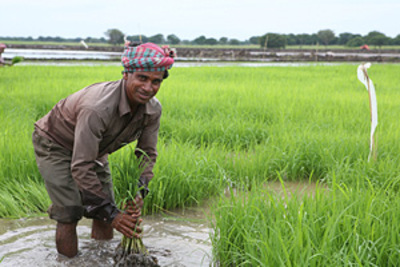
Foreign investors are leasing vast tracts of land in Ethiopia
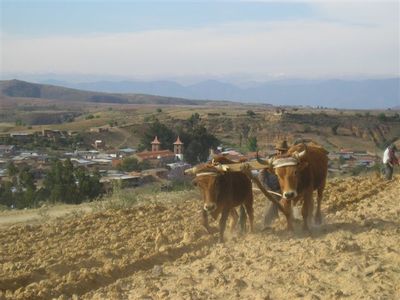
Con un alegato a favor de que la venta de tierras a ciudadanos extranjeros cese en Bolivia, el investigador de Fundación TIERRA, Miguel Urioste, reclama al Estado un mayor control de este comercio que realizan las familias bolivianas, amparadas en un marco jurídico débil y poco claro.
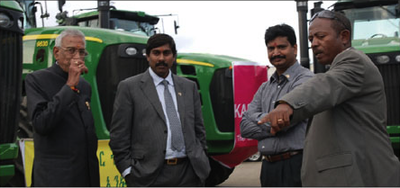
One of the problems with so-called ‘land grabs’ is secrecy. Most of the contracts that seal such deals are hidden from public scrutiny, which makes it very hard to establish what is really going on.
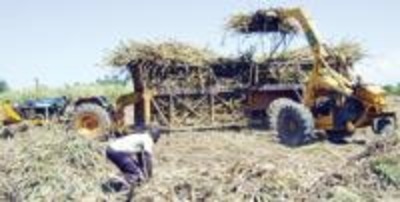
Mauritius has access to more than 120,000 hectares of farming land in Mozambique and an expression of interest from potential agricultural entrepreneurs was launched last year.
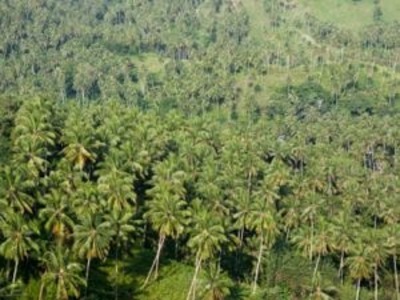
Indonesia's move to bring in a two-year moratorium on new palm oil plantations has seen agribusiness giants like Sime Darby switch expansion plans to Cameroon, Ghana and Liberia.
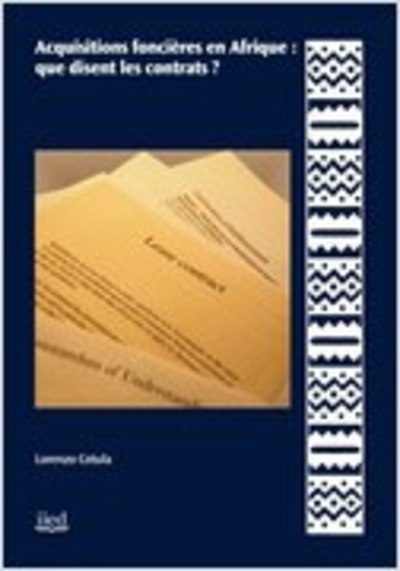
Analyse juridique de douze contrats d'acquisition foncière dans différents pays d’Afrique

Parliament is calling on the Productivity Commission to review the recent surge in foreign investment in farming, focusing on its effects on the economy and food security.
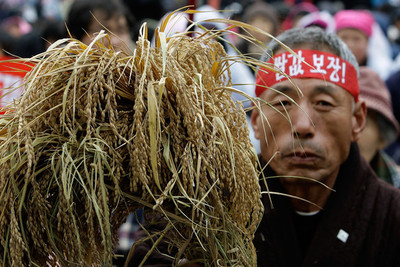
The government and companies are joining hands to expand the country’s overseas farming bases, establish a direct import channel and modernize agricultural production and distribution.
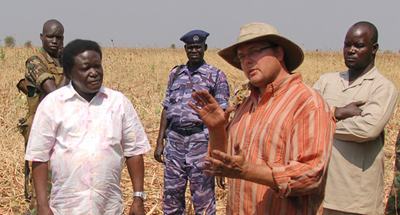
Foreign investors are buying large tracts of land in Southern Sudan that add up to an area larger than Rwanda, threatening food supplies and stability in the region.
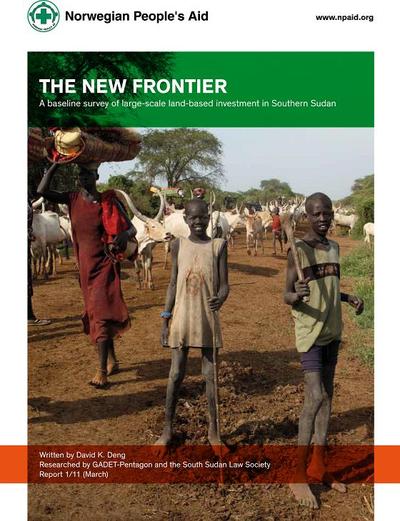
Four months before South Sudan becomes an independant nation nine percent of the country has been targeted by investors, a Norwegian People's Aid report reveals.
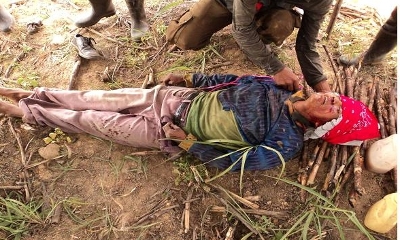
Internationally-funded Guatemalan palm oil and sugar cane interests evict Mayan Qeqchi families from their historic lands, destroying homes and crops, killing one, injuring more, while thousands are without food or shelter.

The company leased 10,000 hectares in Ethiopia’s western Gambella region for 60 years for $9.42 per hectare annually and plans to lease an additional 290,000 hectares from the government.

For the sake of our farmers and our national food security, the Federal Government needs to get tough on Australia's foreign investment policy.